Calvin develops growth strategy for Vision 2030
In the face of a diminishing student population in Michigan, Calvin has developed a new growth strategy in an effort to lure in more students from outside of the Midwest. This comes as a part of Calvin’s Vision 2030, which seeks to make Calvin a “Christian liberal arts university with an expanded global influence.”
Student populations have been decreasing steadily in the Midwest for several years. In addition, the financial crisis of 2008 contributed greatly to reduced birth rates during 2008 and 2009, meaning that there will be even fewer students entering colleges across the country in the mid-2020’s.
“Higher educational institutions today need to be more diversified in the populations they serve,” President Le Roy said, speaking on this issue. “As that population [of 18-22 year olds] gets smaller in the United States in particular… we have to find other populations that we can serve with our education.”
Even though most of the strategy’s goals are long-term objectives, such as the strengthening of current academic programs and the creation of new programs, Le Roy said they are making progress in “new market development,” or finding new places from where to draw students from.
“I’d say in the next three years we want to grow five new markets; that would be important,” he stated. “We’ve got about six market research projects that are in the queue for the next eight months, for programs that we’re interested in, so we want to finish that and make good decisions.”
The strategy also includes plans to develop an online program so students can take courses online, wherever they may be geographically. Some other possibilities the college is exploring are more athletic programs (such as a triathlon, a men’s volleyball team or football team), or offering badges, certificates and more graduate programs.
President Le Roy emphasized that despite all these potential changes, Calvin’s mission would not change.
“Our mission, which is to equip students to think deeply, act justly and live wholeheartedly as Christ’s agents of renewal — that is not changing.”
Le Roy claimed that Calvin’s vision for education would not change either.
“Even if we might add graduate programs,” he said, “our vision is still PhD faculty teaching students in a very personal way, not being taught by graduate teachers’ assistants or not being taught in impersonal ways.”
This new plan has been well received by some faculty. Professor Julie Yonker of the psychology department expressed her excitement for the ways this strategy can change Calvin.
“When I read through it, I got really excited… These are some things that we could become,” she said. “I have two granddaughters, and I would love for them to be able to come. When I read the growth strategy, I think ‘Yes! This would be in place in 18 years, when they come to Calvin, and they would be really blessed by that.’”
Professor Keith Vander Linden, chair of the computer science department, agrees with the college’s initiatives as well.
“I think the university needs to adapt,” he said, noting that a smaller student population and a smaller Christian Reformed Church has pushed Calvin to look elsewhere.
He added that the CS department is willing to open new programs, specifically a certificate in computer science and a 4+1 master’s program in data science and data analytics, in which students would go through four years of undergraduate study and one additional year of study to obtain a master’s degree.
Professor Paul Moes, chair of the psychology department, emphasized the importance of improving the college’s current academic programs.
“My feeling is that all the marketing in the world won’t be successful unless you have a good product,” Moes said.
Moes highlighted the need for more flexibility in the core curriculum and for the availability of online learning.
”We’ve always been an institution of high quality education… but we also need to serve students and serve our constituents in better ways, and I think that will help the marketing.”
Joshua Polanski also contributed reporting.




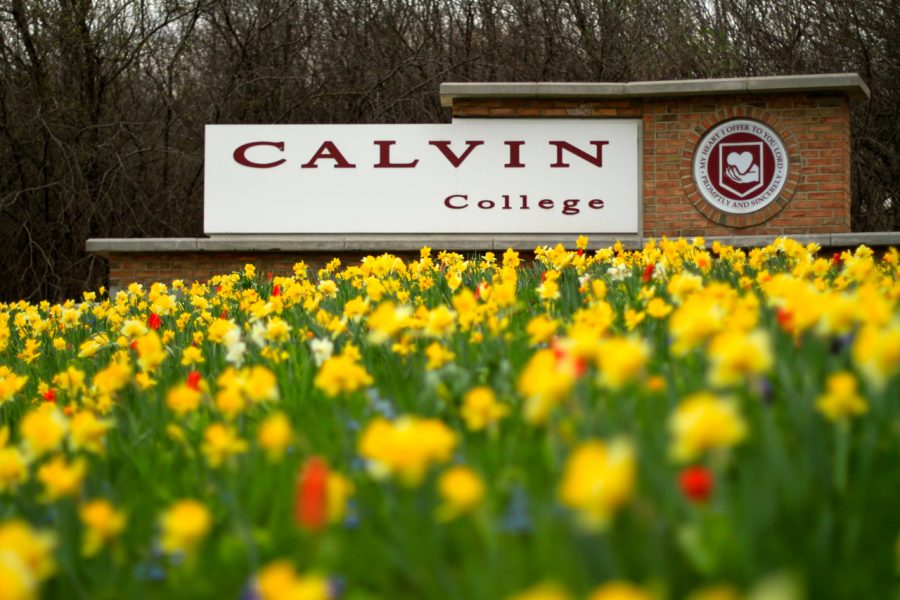

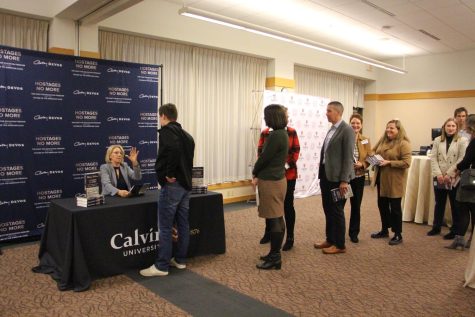
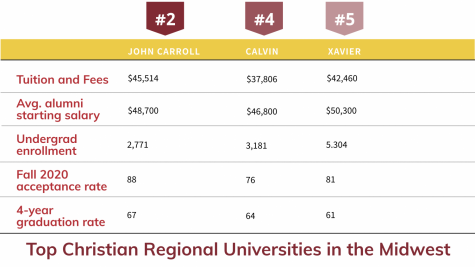

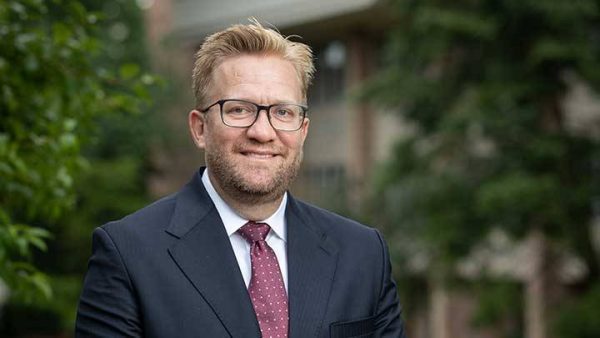


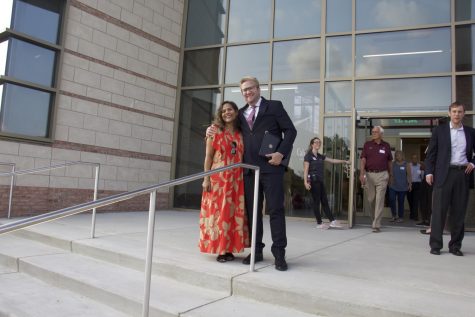
Erik • Apr 1, 2019 at 11:53 am
This seems so… confusing in light of the recent cut of the SAO. How can you develop new markets when the concert series was one of the few things that brought greater GR to campus? New athletic programs aren’t going to do this…